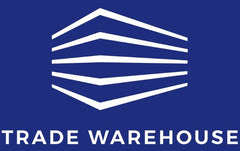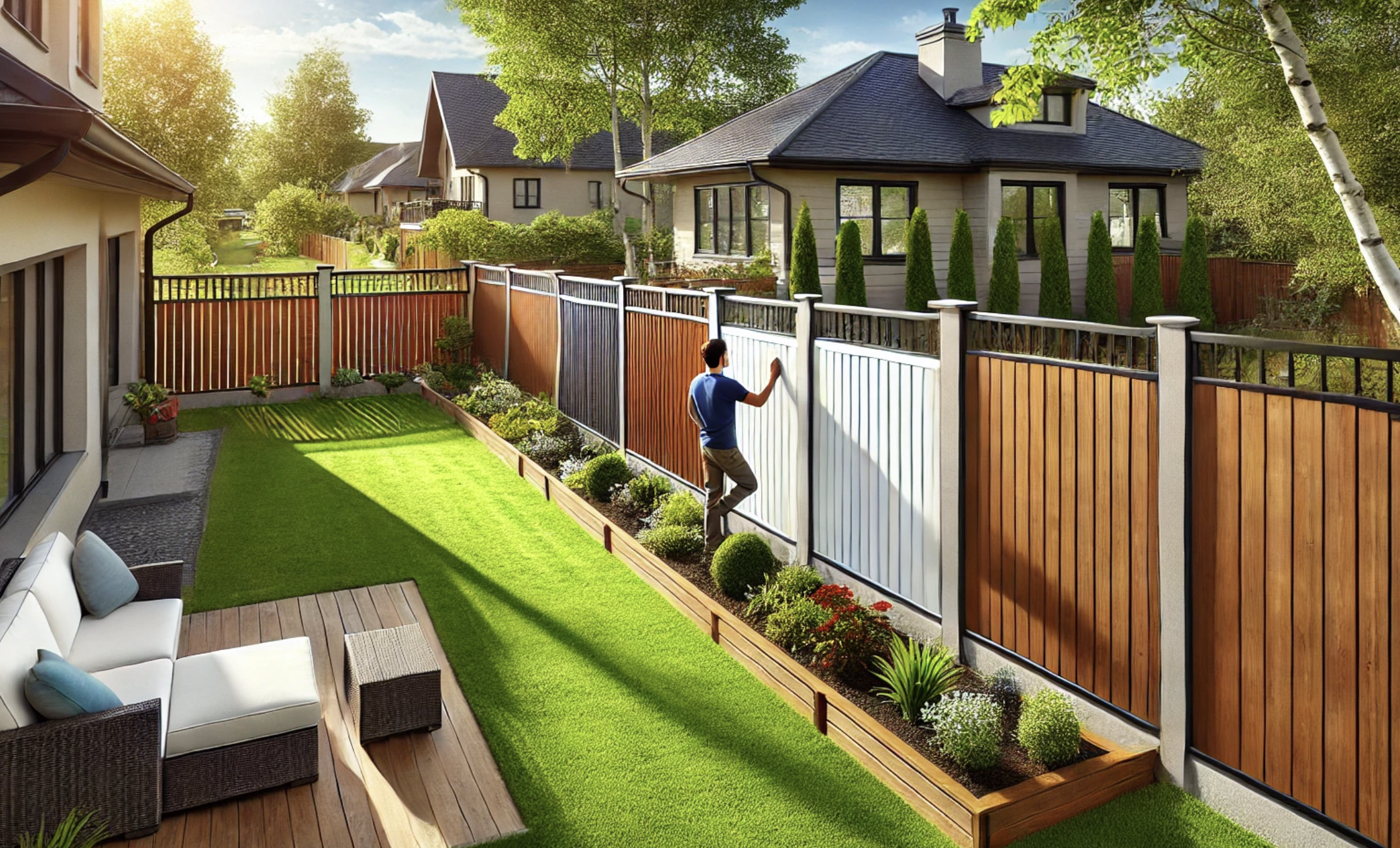Fence panels are an essential component of many homes, serving both aesthetic and security purposes. They frame your property, offering privacy and enhancing curb appeal.
However, the lifespan of fence panels can vary significantly, influenced by a range of factors.
Lifespan of Fence Panels
The average lifespan of fence panels is between 15 and 20 years, but this can vary based on several factors.
These include the quality of the materials used, how the panels are installed, and the amount of wear and tear they endure over time.
Factors Affecting Longevity:
- Material Quality: High-quality materials naturally last longer than cheaper alternatives. Opting for premium woods, treated vinyl, or robust metals can extend the lifespan of your fence.
- Professional Installation: Proper installation by a skilled professional ensures that your fence panels are securely placed and less prone to damage.
- Wear and Tear: Exposure to elements such as rain, wind, and sunlight can degrade materials over time. Regular maintenance helps mitigate this wear and tear.
Key Takeaway:
🪙 Investing in high-quality materials and professional installation, alongside regular maintenance, can significantly extend the lifespan of your fence panels, ensuring they remain functional and attractive for years to come
How To Ensure Longevity
Ensuring the longevity of your fence panels involves several proactive steps. By focusing on quality and consistent care, you can maximise the lifespan of your panels:
High-Quality Materials:
- Wood: Choose hardwoods like cedar or redwood which are more resistant to decay and insects.
- Vinyl: Opt for high-grade vinyl that is UV-resistant to prevent cracking and fading.
- Aluminium: Select powder-coated aluminium for enhanced durability and resistance to rust.
Professional Installation:
- Secure Foundations: Ensure posts are deeply anchored and set in concrete for stability.
-
Proper Alignment: Professional installers can ensure that panels are aligned correctly, preventing warping and gaps.
Regular Maintenance:
- Inspections: Regularly check for signs of damage such as cracks, rust, or loose fittings.
- Repairs: Address issues promptly to prevent small problems from escalating.
Key Takeaway:
🪙 Using high-quality materials and ensuring professional installation are foundational steps. Regular inspections and prompt repairs will keep your fence in top condition, prolonging its lifespan significantly.
Choosing the Right Fence Panel Materials
Selecting the right material for your fence panels is crucial. The choice depends on factors such as durability, maintenance, and how well the material complements your home’s style.
Considerations:
- Durability: The material should withstand weather conditions and physical impact.
- Maintenance: Choose a material that fits your ability and willingness to perform upkeep.
- Aesthetics: The fence should enhance the visual appeal of your home.
Popular Materials:
-
Wood:
- Pros: Offers a traditional, natural look. It’s affordable and customizable.
-
Cons: Requires regular maintenance like staining or painting. Prone to rot and insect damage.
-
Vinyl:
- Pros: Highly durable, low maintenance, available in various colours and styles.
-
Cons: Higher initial cost. Not as easy to install as wood.
-
Aluminium:
- Pros: Extremely durable, low maintenance, rust-resistant, easy to install.
- Cons: Can be more expensive. May not provide the same level of privacy as other materials.
Key Takeaway:
🪙 Choosing the right material involves balancing durability, maintenance needs, and aesthetic preferences. Each material has unique benefits and drawbacks, so select the one that best fits your needs and style.
Protecting Your Fence Panels
After selecting the perfect fence panels, protecting them from damage is essential to ensure they last for many years. Regular maintenance and protective measures can significantly extend their lifespan.
Regular Inspections and Repairs:
- Check for Damage: Look for signs of wear such as cracks, rust, or loose components.
- Timely Repairs: Fix issues as soon as they arise to prevent further damage.
Sealing or Staining:
- Wood Panels: Apply a weather-resistant sealant or stain every few years to protect against moisture and UV damage.
- Vinyl and Aluminium Panels: Clean regularly to prevent mold and mildew buildup.
Fence Panel Covers:
- Protection: Covers can provide an extra layer of protection against harsh weather conditions.
- Extended Lifespan: Using covers during extreme weather can help prevent damage and extend the life of your fence panels.
Key Takeaway:
🪙 Regular inspections, timely repairs, and protective measures like sealing and using covers can help maintain the integrity and appearance of your fence panels, ensuring they last for many years.
Conclusion
Fence panels are a valuable investment for any property, providing privacy, security, and aesthetic appeal. By understanding the factors that affect their lifespan, choosing the right materials, and committing to regular maintenance, you can ensure your fence panels remain in excellent condition for decades.
Recap:
- The average lifespan of fence panels is 15-20 years, influenced by material quality, installation, and wear.
- High-quality materials and professional installation are crucial for longevity.
- Regular inspections and repairs, along with sealing and using covers, protect your investment.
- Choosing the right material involves balancing durability, maintenance, and aesthetics.
Final Tips:
🪙 Invest in the best materials you can afford, ensure professional installation, and commit to regular maintenance to keep your fence panels looking great and functioning well for years to come.
By following these guidelines, you can enjoy the benefits of a beautiful, long-lasting fence that enhances your property and provides peace of mind.

